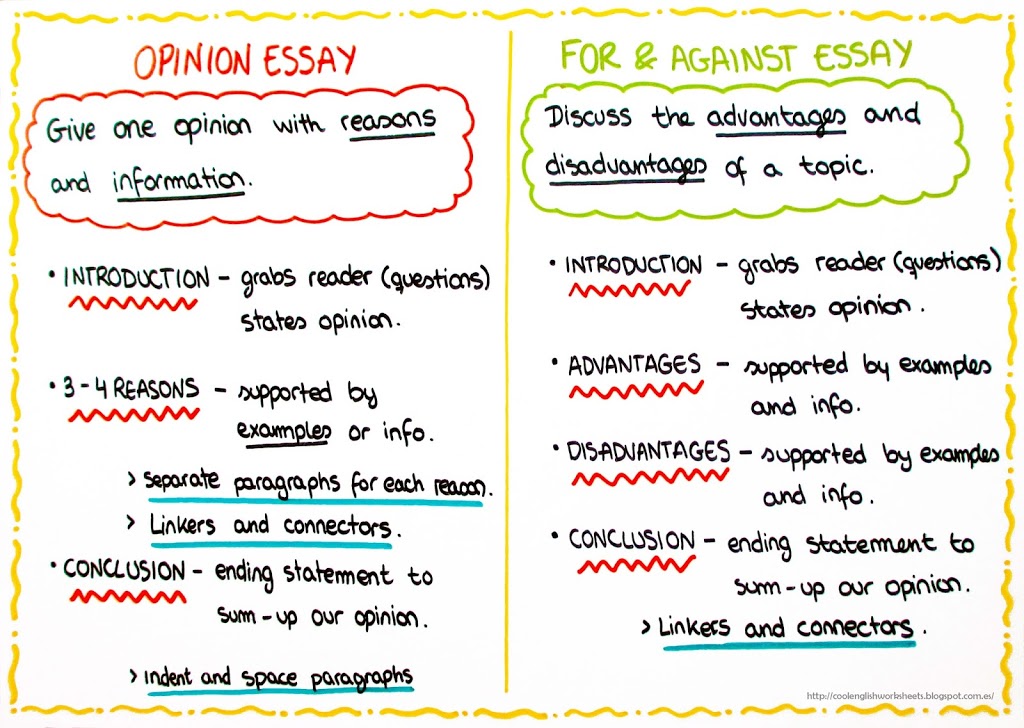Intensifiers
Intensifiers: We use words like very, really and extremely to make adjectives stronger: It’s a very interesting story Everyone was very excited. It’s a really interesting story. Everyone was extremely excited We call these words intensifiers. Other intensifiers are: amazingly exceptionally incredibly remarkably particularly unusually We also use enough to say more about an adjective, but enough comes after its adjective: If Continúa la lectura
